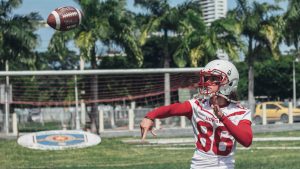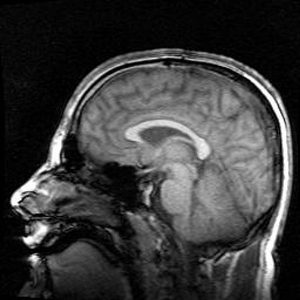 If you or someone you love recent sustained a jolt to the head that led you to have concerns about a concussion or a more severe traumatic brain injury (TBI), you may have visited a hospital in Southern California. This is a good start, yet visiting a doctor just once over a suspected concussion may be insufficient. While many concussions go untreated in general—meaning that the injury victim never seeks a medical assessment or medical treatment for the head wound—there is a new problem involving a lack of follow-up care. According to a recent news release from the University of Southern California, “most concussion patients get no care after leaving [the] hospital.”
If you or someone you love recent sustained a jolt to the head that led you to have concerns about a concussion or a more severe traumatic brain injury (TBI), you may have visited a hospital in Southern California. This is a good start, yet visiting a doctor just once over a suspected concussion may be insufficient. While many concussions go untreated in general—meaning that the injury victim never seeks a medical assessment or medical treatment for the head wound—there is a new problem involving a lack of follow-up care. According to a recent news release from the University of Southern California, “most concussion patients get no care after leaving [the] hospital.”
What does this mean in practice? In short, more than 50% of people who suffer concussions fail to seek the follow-up care they need in order to recover from the injury.
Patients Risk Adverse Effects by Avoiding Follow-Up Treatment After a TBI
 North County San Diego Injury Lawyers
North County San Diego Injury Lawyers












